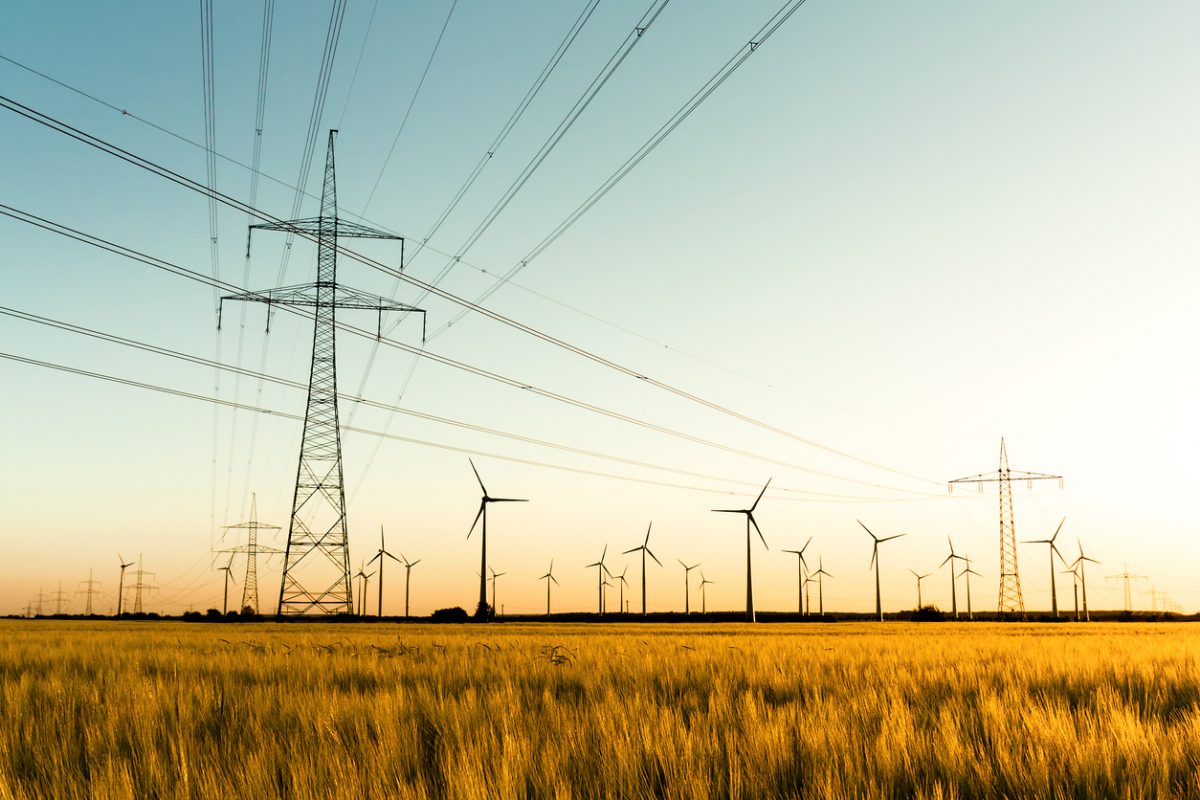The International Energy Agency warns that growing dependence on critical minerals and a slower energy transition could put global energy security and climate goals at risk.
In its new World Energy Outlook 2025, the International Energy Agency (IEA) projects, for the first time in years, that global demand for fossil fuels will continue to rise through 2050, rather than decline as previously expected. According to the report, the energy transition is progressing more slowly than anticipated, making it increasingly unlikely that global climate targets will be met. The IEA cites sluggish electrification of transport, delays in the expansion of renewable energy, and shifting political priorities, particularly in the United States, as key reasons for this trend.
Alongside its “current policies scenario,” the IEA modeled several alternative development pathways. However, in every case, global warming is projected to exceed the 1.5°C limit agreed upon at the 2015 Paris Climate Conference. Only in the Net Zero Scenario could temperatures eventually decline again, provided that large-scale carbon removal technologies are deployed.
Rising Power Demand and Growing Risks in Critical Minerals
All scenarios indicate a significant increase in global electricity demand, driven by electric mobility, heating and cooling, as well as data centers and artificial intelligence. Emerging economies, particularly in India, Southeast Asia, Africa, and Latin America, are expected to account for a substantial share of this growing demand.
At the same time, the IEA warns of mounting risks to energy security, particularly due to the high geographic concentration of critical minerals. China currently controls about 70 percent of global refining capacity for key materials used in batteries, power grids, electric vehicles, AI chips, and military technologies. Moreover, Beijing has increasingly imposed export restrictions on materials such as gallium, lithium, and rare earth elements.
The agency stresses that accelerating diversification of these supply chains will require stronger international cooperation and more decisive political action, a warning it has issued repeatedly in recent years.
Photo: iStock/kflGALORE

